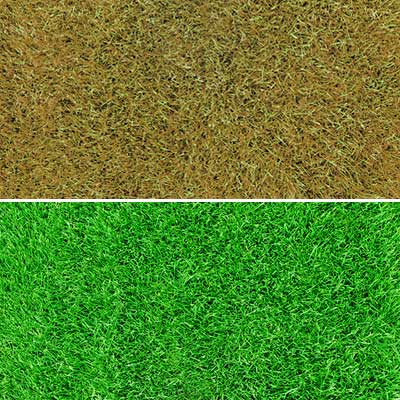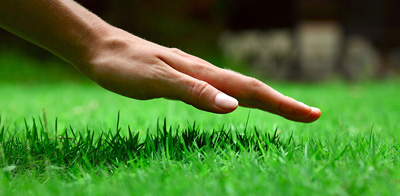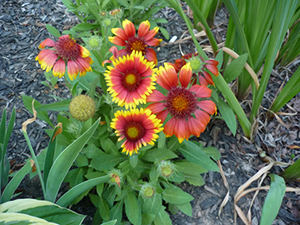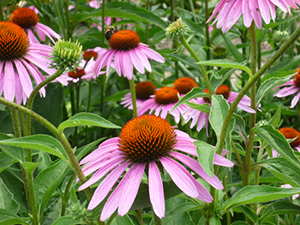Water Efficient Lawns & Gardens

For more information
Call 905-546-2489 or
Email [email protected]
Conserving outdoor water use will go along way to saving you money, and protecting the environment. Follow these tips to help reduce your water usage by creating a water efficient lawn & garden.
- Use a rain gauge on your lawn. Your lawn only needs 2.5 cm (1 inch) of water a week to flourish
- Use a rain barrel to collect rainwater for the garden. Use a mesh screen to prevent mosquitoes from breeding
- Place mulch and bark around the base of shrubs and trees to help retain moisture
- Compost to add organic content to the garden and allow soil to retain moisture
- Use a soaker hose to direct water to the roots of plants
- Have your sprinkler system checked for leaks and optimized to ensure you're not overwatering your lawn
- Install a rain sensor to prevent unnecessary watering during and after a rainfall
- Run your system manually by only turning it on and off when your lawn needs it
Tree leaves in the fall
Raking and bagging up leaves to throw away has become an autumn ritual for many of us. But your trees are giving you a gift you may want to keep around to help your garden and the environment. Fall leaves on the ground cover up root systems, preserve soil moisture, suppress weeds and other plants. They also slowly break down and return (essential) nutrients to plants, tree fertilizer. You can easily turn those fallen leaves into mulch, even if your lawn mower doesn’t have a mulching function. Adjust the blades to the highest setting and mow right over the leaves. The resulting shredded foliage will slowly break down over the winter, providing nutrients to the grass underneath.
TIP Don't leave too thick a layer of leaves on your lawn (particularly bluegrass and fescue) it prevents sunshine from reaching the turf and provides a cozy home for mold, bacteria, pests, and weed seeds




